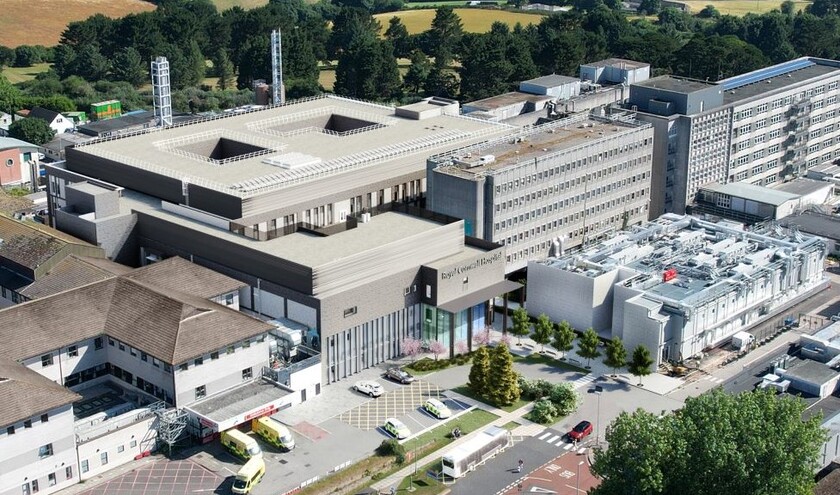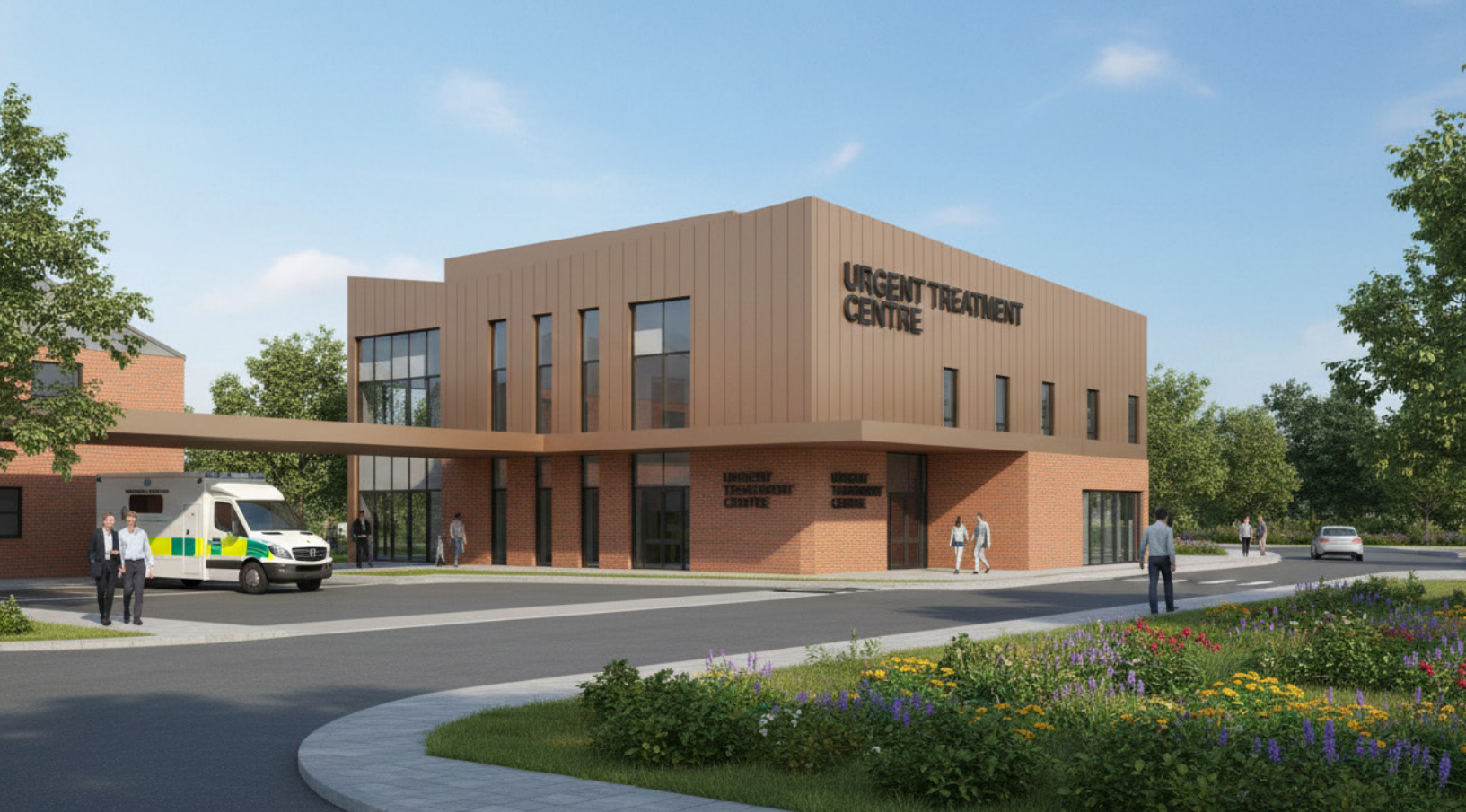Urgent and emergency services and medical care at Royal Cornwall Hospital were again rated requires improvement following an inspection in April, with the regulator noting that staffing shortages and a reliance on temporary staff has disrupted continuity of care.
The CQC commented that ‘transfers to escalation areas, long waits for ward beds, and crowding in emergency departments meant people waited longer than necessary, sometimes in environments that didn't meet their needs or support their privacy and dignity'.
The trust said changes it had implemented included: a commitment to maximum 45-minute ambulance handovers with an aim to be within 15 minutes whenever possible; opening a new medical rapid assessment and treatment unit; and a new way of working across medical wards to deliver safer and more timely care for those needing emergency admission.
Ambulance handovers have been cut by over 60% since April with an average wait in July of under 39 minutes. Urgent care waiting times have also improved. In July, over 82% of patients across all urgent care services (emergency department, urgent treatment centre, and minor injury units) were seen within 4 hours and the proportion of patients spending more than 12 hours in the emergency department reduced by over half to just under 7%.
Royal Cornwall Hospitals chief executive, Steve Williamson, said: ‘The last couple of weeks have certainly been more challenging as we go through the peak summer season but overall, we are seeing real shoots of improvement as we start to prepare for winter and the different patient complexity that brings.
‘The work of our own staff and that they are doing together with our NHS, community and voluntary sector partners as we make the shift towards more community-based care, is making a difference. We're starting to see a change in where our hospitals sit in terms of national performance standards and that means patients in Cornwall and the Isles of Scilly are getting quicker and safer care; that's ultimately what we all want for our families, friends and communities.'



